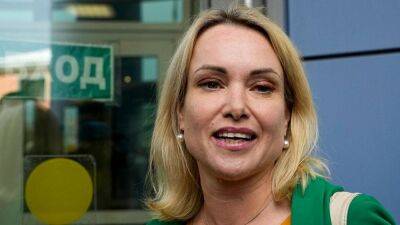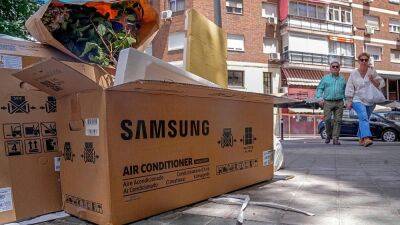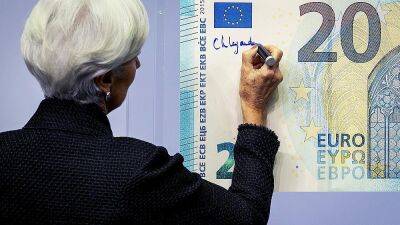Can ‘social tariffs’ solve the UK’s looming fuel poverty cataclysm?
As thoughts turn to the colder months ahead, households already grappling with the cost of living crisis have been warned to brace themselves for punishing energy bills.
The price cap – set by energy regulator Ofgem – has already jumped by £693 this year, rising to £1,971 for the average dual fuel tariff from April. But things are about to get a lot worse.
According to some estimates, the next cap – to be announced in August and implemented from October – could be set at about £3,500. If, as expected, Ofgem moves to quarterly revisions, a figure of closer to £3,850 has been pencilled in for January, with bills during the first month of 2023 potentially hitting £500.
Eight million households are on the brink of fuel poverty, according to the charity National Energy Action. The next prime minister must make bills their number one priority, the power provider Octopus Energy has said, if he or she wants to avoid a “winter cataclysm”.
So far, no political party has come up with anything that comes remotely close to tackling a problem of such scale and importance. The government is offering a £400 rebate on bills. Labour wants to scrap VAT as well, shaving off a further £100. These figures pale in comparison to the £2,500 increase that households will have suffered within a year, if prognoses prove accurate.
One idea gaining traction – and proposed last week by MPs on the business and energy select committee – is a “social tariff”. But what is it and could it ease the pain for billpayers?
In short, it involves lower-income households receiving significant discounts on their energy bills, funded by taxation or by spreading the subsidy cost across better-off billpayers. These are already commonplace in telecoms, with some phone and
Read more on theguardian.com






















